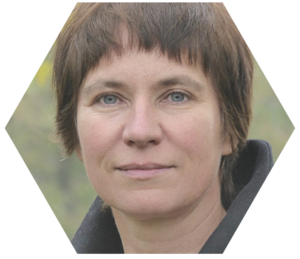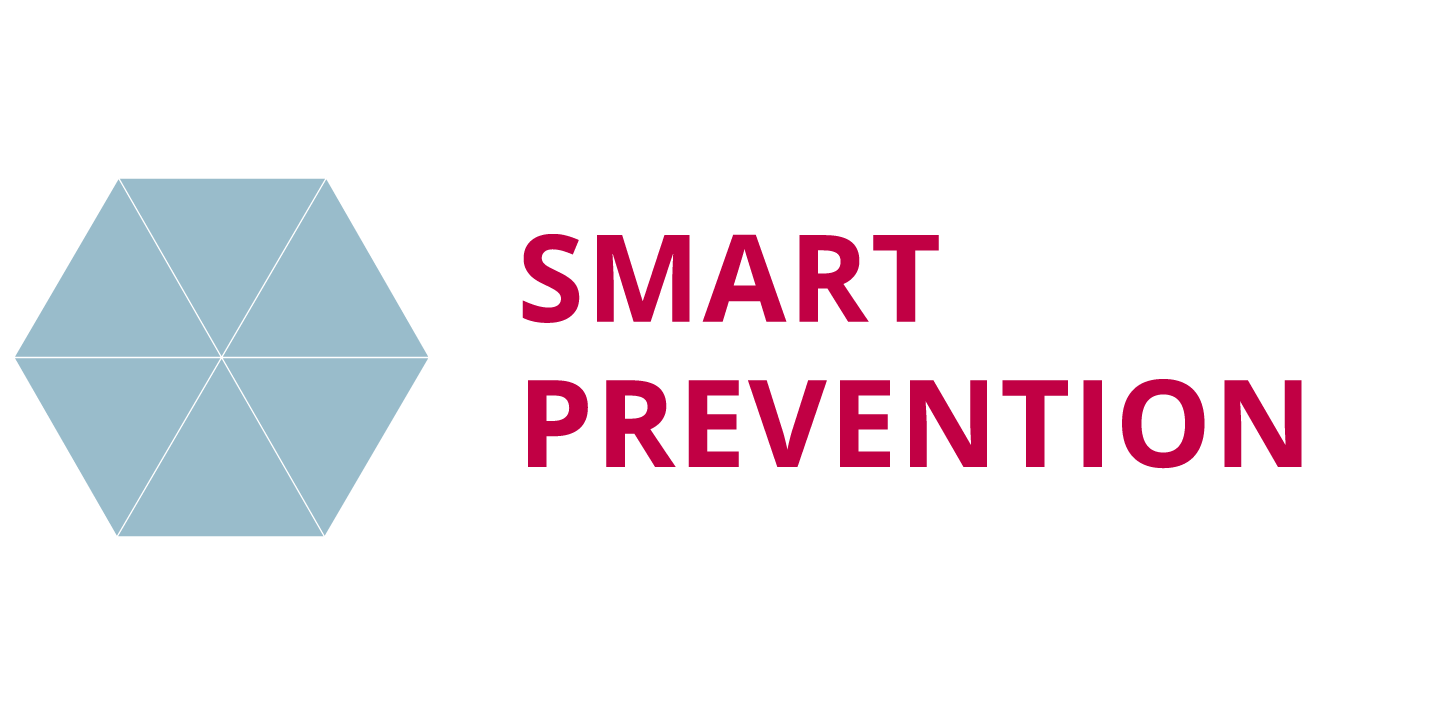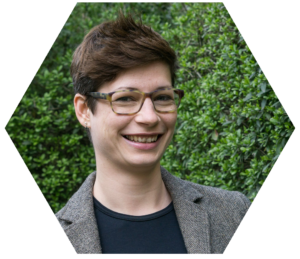- Humanities / Chances / PD Dr. Jessica Heesen
PD Dr. Jessica Heesen
New prevention tools
- Heesen: Phenomenon
- Heesen: Threat
- Heesen: Vision
There are very different possibilities for crime prevention. Of course we have the large area of predictive policing, where big data and artificial intelligence are used to collect a lot of data that could be important for predicting a future criminal event. But we also have other things, like Smart Living, Smart Home for example, where we can watch our house from the outside when we are travelling for example. We have something like intelligent camera surveillance, which is mainly used in the forensic area, but also has a certain deterrent effect and with which dangerous situations can be detected and prevented. What we have to realise, however, is that these are all applications in which attempts are made to solve social problems by technical means. One can also imagine completely different forms of prevention through digitality. One can also imagine that we try to use the social media, for example, as well as public broadcasting, to achieve integration in society. That we are now trying to come up with completely new models of communication with which society can communicate well in the digital age. Where we try to find for example hate speech via AI application. But also to create a social climate where there are no social losers, where we have no exclusion or discrimination through communication via digital media. People who always feel monitored are not people anymore. In other words, we are buying ourselves a certain security here at the expense of freedom of expression or at the expense of trust in institutions, because institutions through which we are always monitored do not really need to be trusted, because we are monitored. This is a difficult area. I would not say now that any form of surveillance restricts our freedoms in any way. What is important is that we should actually dose them wisely and, in all the areas that we ourselves cannot cover – child pornography is, as I have said, a good example here – I can well imagine that certain technologies should be included in Internet communication in order to find such things. That does not mean, however, that everything in the field of social media needs to be monitored. Here we have to ensure that a balance is struck and that digital technologies and surveillance technologies are only used where they really make sense. Predictive policing is an interesting matter. We can see that success can actually be achieved through it. However, even in the case of predictive policing, we need to know exactly how far this is actually supposed to go. In the USA there are projects where there is actually already outreach policing, because certain people fall into a pattern and could possibly commit a crime in the future. Then the police knock on the door there and say “We are watching you” and may also ask “How can we help you?” But still, here people are criminalised before they have actually done anything. That could be our future too. Another example is a big project in the USA, where five million schoolchildren are already involved. The name is GAGGL. Here the communication, i.e. all communication of pupils of different schools is monitored. They have to download certain software to get information about everything that happens in the school and at the same time their location is recorded and evaluated and so is all their social communication. The aim is actually a preventive one, namely to try to identify pupils who may be planning to commit amok or even pupils who want to commit suicide. Here the provider has already claimed that there have been some good successes. But of course this is a total surveillance, which is also bound to the educational mandate of the public authorities and these are areas that we certainly do not want to see implemented in this way in Germany.

PD Dr. Jessica Heesen
- Head of the Research Unit Media Ethics and Information Technology at the International Centre for Ethics in the Sciences and Humanities at the University of Tübingen
- Doctorate at the University of Stuttgart
- Habilitation at the Karlsruhe Institute of Technology with venia legendi in philosophy
- Main areas of research: Social and technical philosophy, ethics, information, media and security ethics
- Die Software aus den USA in Bezug auf überwachte Schüler_innen
- Einen Hinweis auf das Ethik-Gutachten für den Präventionstag , hier ist auf S. 113 eine Ausführung zu IT im Präventionskontext
- Informationen zum Predictive Policing
- Phenomenon
- Threat
- Chances
- Vision





Comments